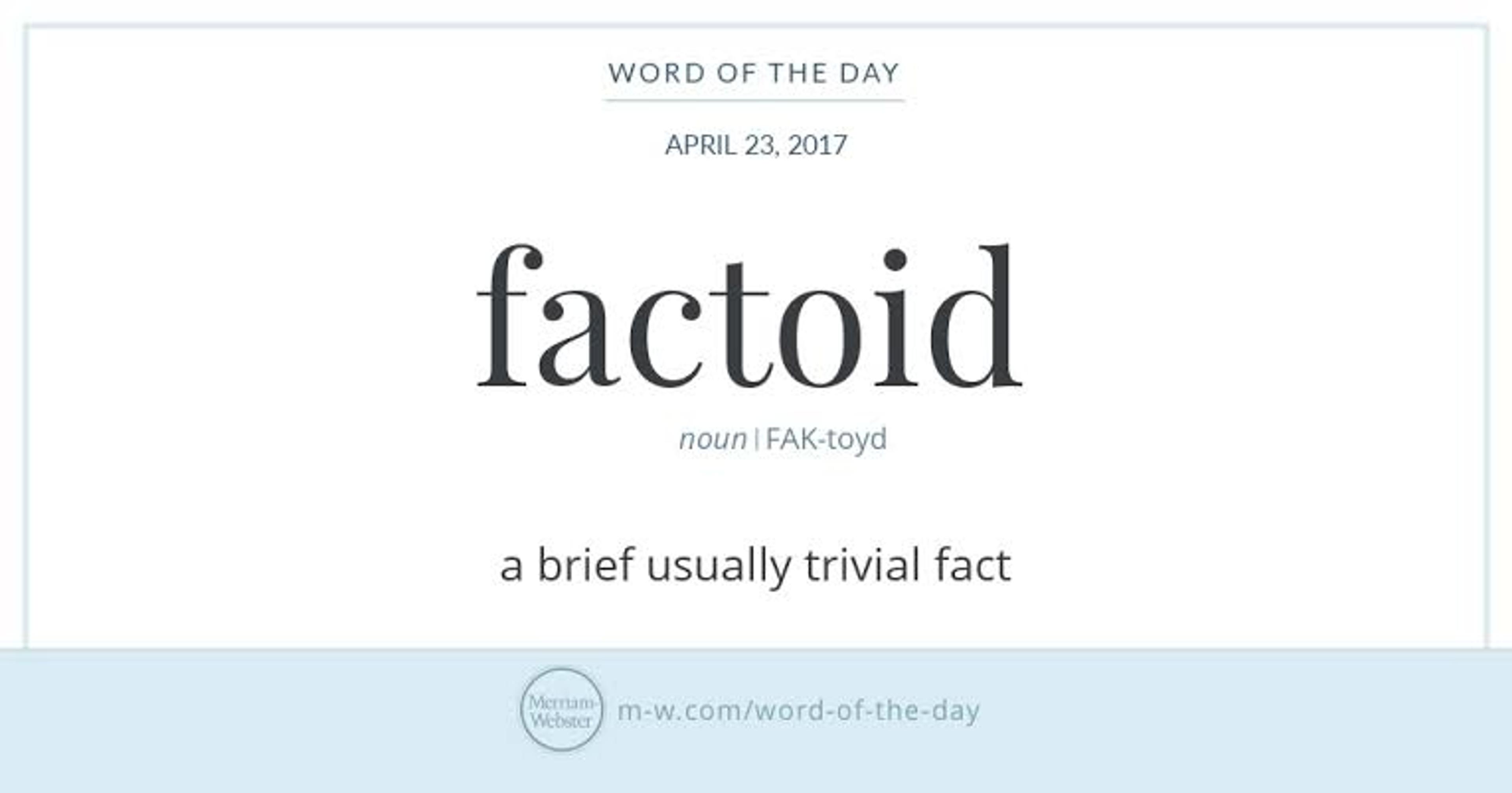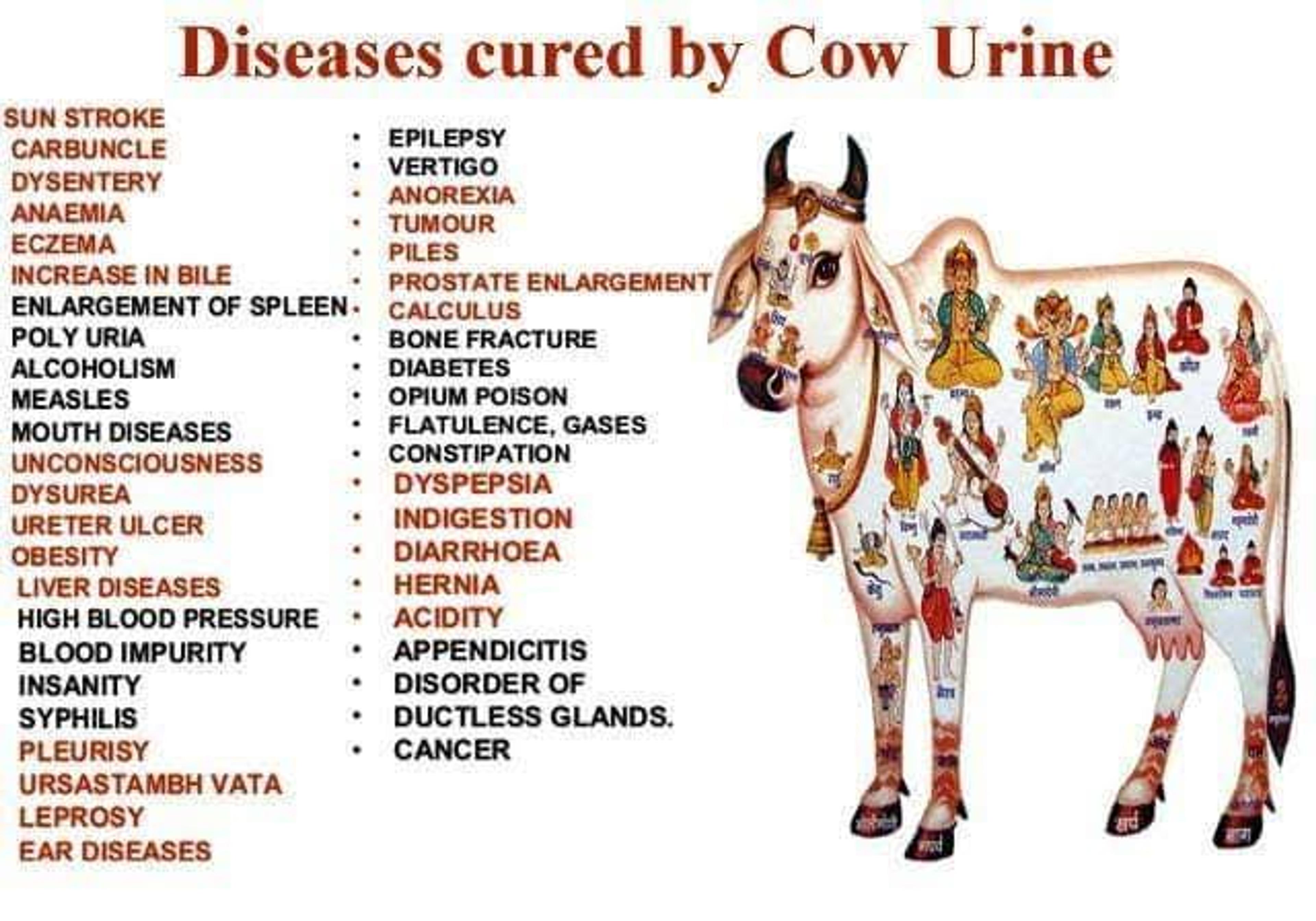A factoid is an imitation of a fact. The difference between fact and factoid is that they do not correspond to reality. In terms of content, factoids correlate with lies, rumours, or artistic fiction. They either completely imitate facts or are expressed with the help of evidence of the unreliability of information.

This seemingly candid mode of communication fills an important role in the postmodern world. Think tank scholars often did not see their jobs as discovering facts; they saw their jobs as creating factoids. Factoids, however, are not facts but are treated like one. They are promulgated by a credulous media, the content of which looks plausible. These factoids act as a modern and easy substitute for truth, blurring the line between reality and fiction.
In the social sphere, it is widely believed that hunger would no longer be an issue if a country achieved food security. However, with the current rise in prices of fuel and other items in India, it proves to be an exacerbating problem, especially for the economically weaker sections.
The differentiation of facts and factoids in political discourse is very complex due to the specificity of factuality itself. For example, the claims that the National Register of Citizens will solve the problem of illegal migrants from Bangladesh stand opposed to the lack of clarity regarding the aftermath. The migrants cannot be deported since there is no agreement between India and Bangladesh on this issue. Those identified would be persecuted and left without any rights. The misconceptions about the extent of success of the Swachh Bharat Mission is yet another example of a politically induced factoid.
The possible factoids are produced to foster a positive perception of state affairs in the country, such as the pronounced long-term benefits of demonetization in tackling corruption and consequent GDP growth in the country; to create a negative perception of life in other countries, for example, the United States constantly vowing to preserve the so-called international order that is designed to serve the US’s own interests and perpetuate its hegemony against China; to entertain the public in order to promote certain ideas or products, like the common misconception of cow urine having the properties to cure cancer and other diseases, or to frighten the public in order to justify certain ideologically important actions. For instance, the typical misbelief among the lower illiterate section of the society about the threat of “urban-naxals” to the nation, who, according to them, deserve to be arrested but who in fact happen to be educated men and women, choosing to criticize the government and protest against India’s deeply exploitative social order.

We live in a world of factoids, which do not necessitate an emotional and personal transmission of “information.” A confident addressee may mention factoids in a serious communication, which vary in their levels of credibility when replicated by media organisations.
Bushra Faridi is a student pursuing Geography Honours from Jamia Millia Islamia.
Edited by: Maryam Hassan



